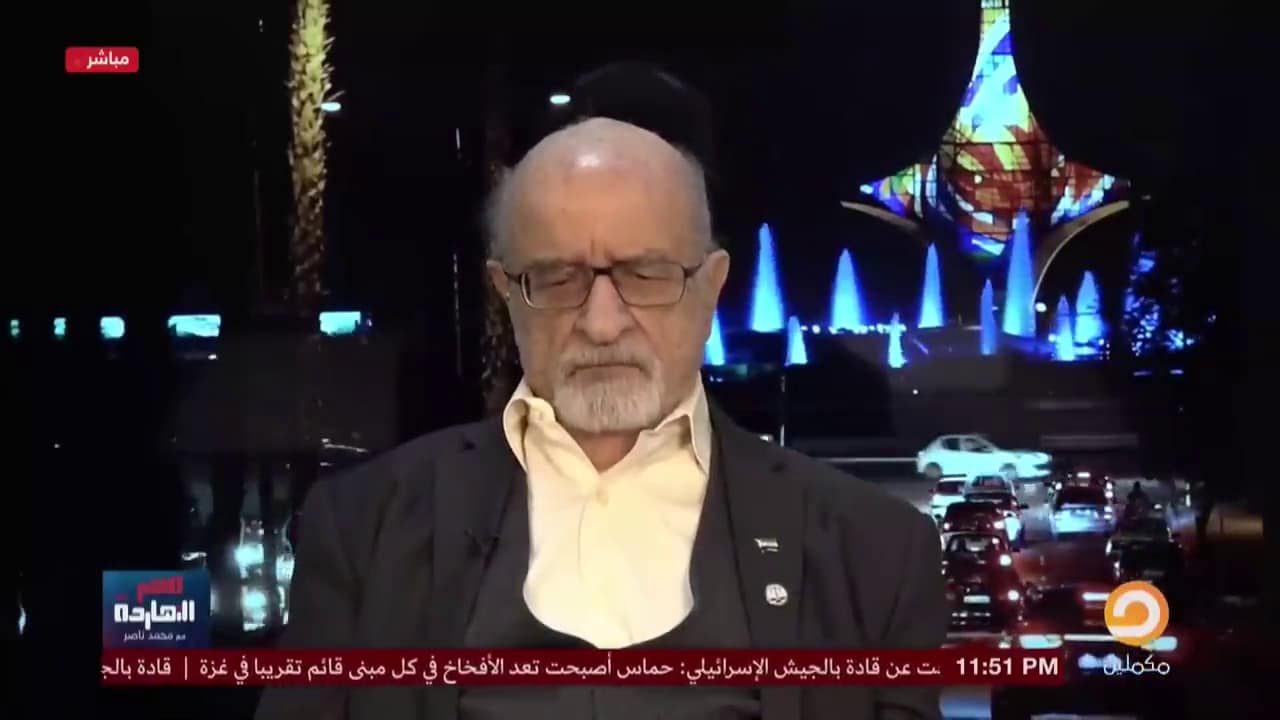
Tunisian academic Nader Hamami said that the Muslim tradition of jurisprudence wants to prevent free, responsible, and individual thinking, which are the cornerstones of modern thought. "We live in the 21st century, with a pre-Copernican mentality, a mentality that precedes modernism, that precedes the values of individualism, of freedom, and of responsibility," he said, speaking on the Egyptian Al-Ghad TV on February 13.
Host: "How come there is no such thing as a 'Buddhist economy' or 'Hindu economy,' but we constantly focus on the 'Islamic economy'?"
[...]
Nader Hamami: "It goes beyond the relation between religion and modern economy. It is about the relation of religion to every aspect of social order. What happens in Islamic societies..."
Host: "You are broadening its meaning."
Nader Hamami: "Of course. Where does the problem lie? We are constantly creating a conjunction – religion and economy, religion and food, religion and clothing, how we sleep, how we move, how we travel... We bring religion into every aspect of our lives, whether consciously or not, whether intentionally or not, whether out of good or bad intentions... We have inherited a tradition of jurisprudence, which wants to have a monopoly on the understanding of religion, to intervene in all aspects of social life, to build walls around the thinking of the Muslims, and to prevent free, responsible, and individual thinking, because individualism, freedom, and responsibility are the cornerstones of modern thought. At the end of the day, what is modern thought? It is what was produced by the scientific revelations, in the humanities, and the other sciences..."
Host: "China built the Great Wall, and we have built the Great Wall of Religion..."
Nader Hamami: "Right. Today, we are modern, yet ancient, Muslims. We live in the 21st century, with a pre-Copernican mentality, a mentality that precedes modernism, that precedes the values of individualism, of freedom, and of responsibility. The heritage of jurisprudence that rules us exists for the sole purpose of monitoring and punishment."













